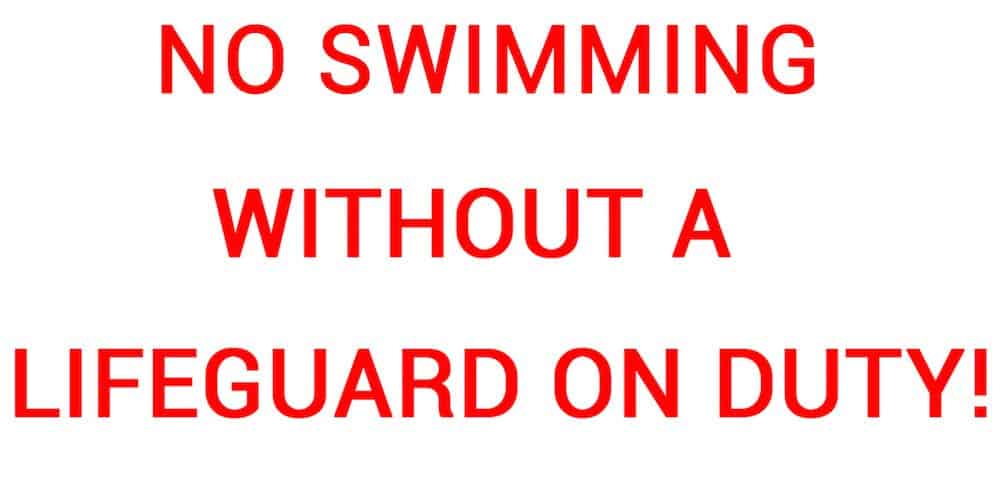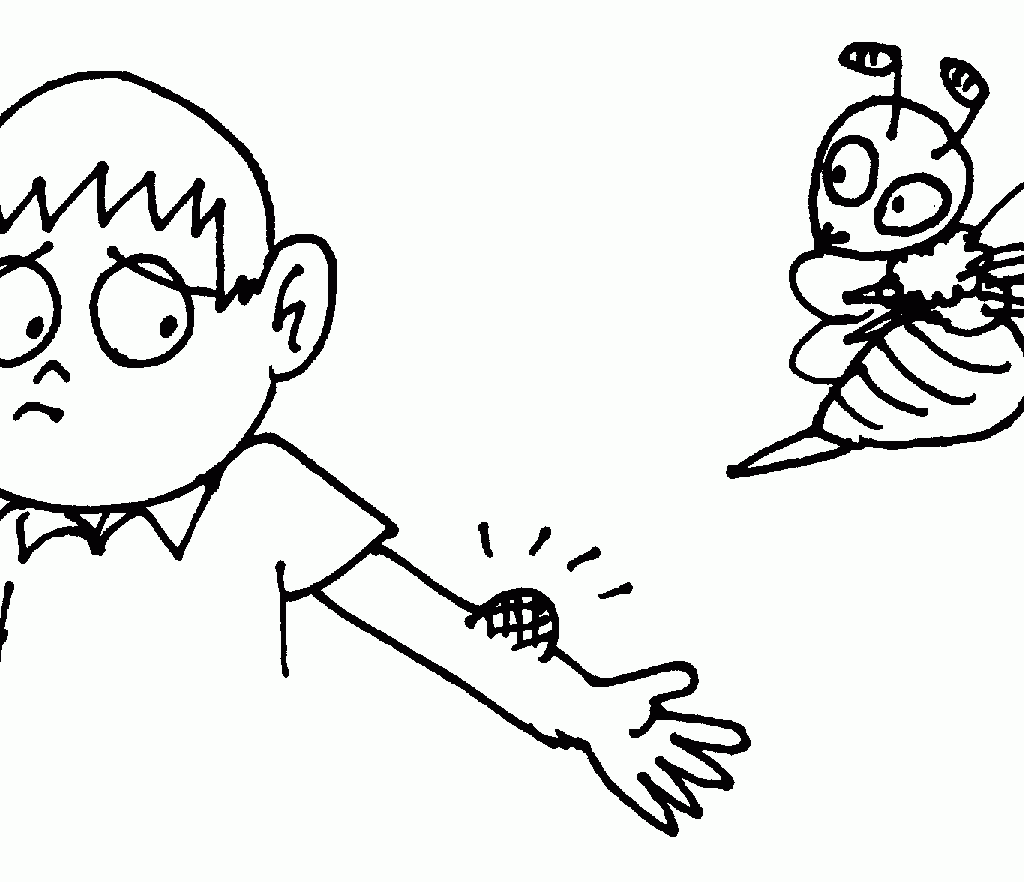
Take it From Hot Dog & Siren- Summer Safety Tips!
July 2, 2015
Summer Swimming Safety Tips from EMT Siren
August 6, 2015Hello again, friends! EMT Siren here with a brand new Smart Box to share! Have you ever been stung by a bee? If you have, you know it can be startling and painful, and can be dangerous if you are allergic to bees. This summer, in order to keep yourself and your loved ones safe from bee stings, follow my #FDNYSmart safety tips:
To reduce your risk of being stung by a bee:
• Wear lightly colored clothing. Lighter colors will not only deter bees and other insects, they will keep you cooler in the summer heat.
• Avoid using fragrant shampoos, soaps and deodorants. Do not wear perfume or cologne. Another great tip is to avoid eating/touching bananas and using banana scented hygiene products. Bananas have the same pheromone that bees release when they sting someone, called an “alarm pheromone”, that causes the bees to enter fight mode.
• Human sweat angers bees! Shower and wear clean clothing daily, especially when planning to be outside for long periods of time.
• Avoid hanging around near flowering plants.
• Keep all areas, like backyards and picnic tables, clean. Wasps and bees thrive in places where we leave garbage and food behind. The cleaner the area, the less chance you have of being stung!
• Never swing or swat at an insect, this will anger them and may cause them to sting you.
• If you are attacked by a swarm of insects, run to get away! If you are outdoors with no shelter, run to a shaded area. If it is possible to get indoors, do so as soon as you can without letting any insects inside with you.
If a person is stung by a bee:
• Have someone stay with them to insure that they do not have an allergic reaction to the bee sting.
• Wash the site of the sting carefully with soap and water.
• To remove the stinger, wipe a 4×4-inch gauze over the area, or carefully scrap a finger where the stinger is present. Never squeeze the stinger or use tweezers to remove it! This will cause more venom to go into the skin and cause injury to the muscle.
• Be sure to apply ice to reduce the swelling.
• Avoid scratching the sting! Itching will cause the site to swell and itch more, and increases the chance of infection
Know more about allergic reactions to bee stings:
• Allergic reactions to be stings can be deadly. People that know they are allergic to insect stings should always carry an allergy emergency kit and wear a medical ID bracelet or necklace stating their allergy. Alerting your friends and family members of your allergies and what they should do in case of an allergic reaction are other great ways to keep yourself safe in case of an emergency.
• Knowing the signs of an allergic reaction to stings is key to helping yourself and a loved one stay #FDNYSmart. Look for signs of swelling moving to other parts of the body, especially the face or neck. See if the person has difficulty in breathing, is wheezing or dizzy, or has a drop in blood pressure. Seek immediate medical care if any of these signs are present. It is completely normal for the area that has been stung to hurt, have a hard, swollen lump, itch and appear red.
Take it from your favorite EMT! Add an insect sting kit to your first aid kit! It will help reduce the pain of a sting. Always be sure to help a loved one in the event of a sting, and help them stay calm. Always tell your friends and family members about your allergies and be sure to know theirs, this can be extremely helpful in the event of an emergency. Be sure to follow these tips and check back often for more life safety advice! Stay hydrated, apply sunscreen, wear lightly colored clothing, and be #FDNYSmart this summer! Follow me on Twitter at @SirenFDNY for more updates.


